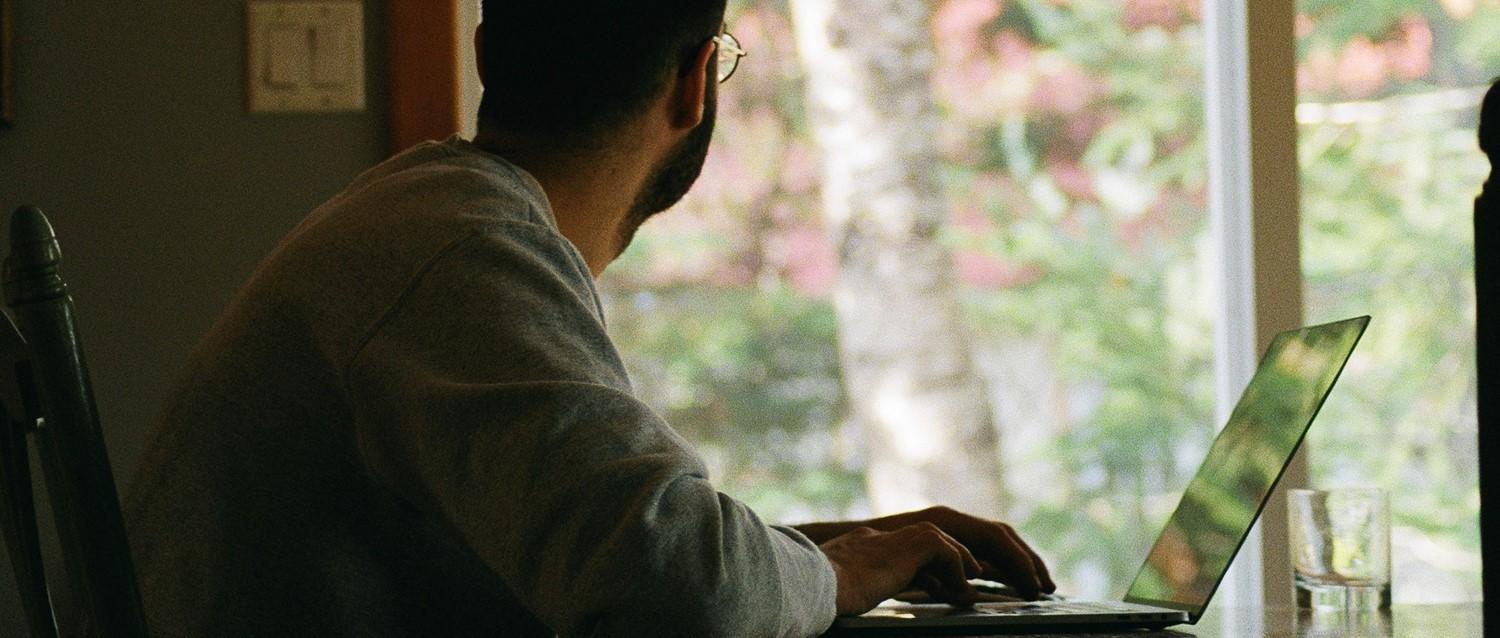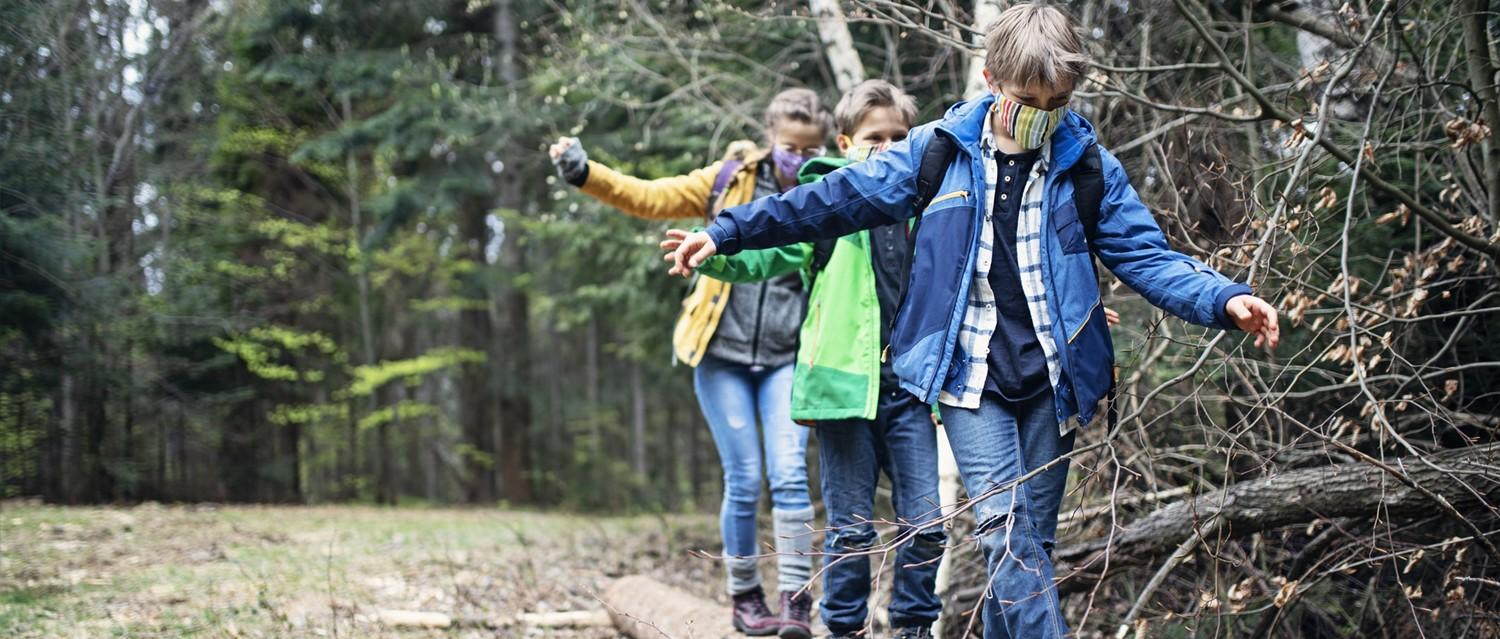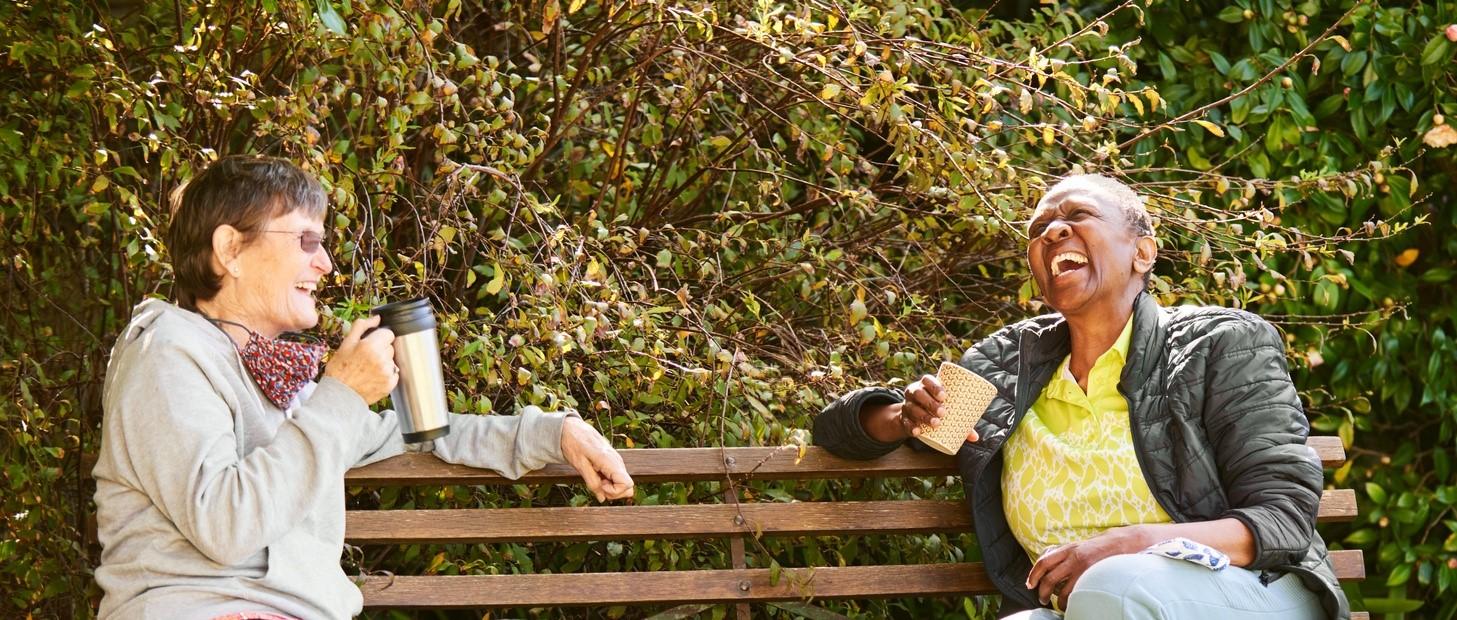
COVID-19: Can lockdowns change our personalities?
Peer reviewed by Dr Sarah Jarvis MBE, FRCGPLast updated by Lydia SmithLast updated 22 Dec 2021
Meets Patient’s editorial guidelines
- DownloadDownload
- Share
- Language
- Discussion
Nearly two years after the COVID-19 outbreak was declared a global pandemic, the Omicron variant is spreading like wildfire across the UK. To help curb the rate of infections and ease the strain on hospitals, further restrictions may be introduced, including a lockdown. While this may be a necessary measure, it will undoubtedly be difficult for many people. But can lockdowns have a longer-term impact on how we think and act?
In this article:
Our personalities are formed by a combination of different factors, from our life experiences to our genetic inheritance. "Personality is the combination of our ongoing habits, our behaviours, our thoughts and our emotions. It is the basis of our identity. It is how we perceive the world and the world perceives us," says Alejandra Sarmiento, a transpersonal psychotherapist at the mental health clinic The Soke.
"Our personality traits, although relatively fixed, are continuously evolving throughout our life. Sometimes these changes are predictable and obvious - for example, during the challenging teenage years. What is clear is that when major life events occur, our personalities are imprinted upon, often leading to a shift within."
Research suggests our personalities are more malleable than we might think. In 1960, psychologists surveyed more than 440,000 school students about various aspects of their characters, including their emotional reactions to situations and how conscientious they were.
Fifty years later, researchers tracked down 1,952 of these former students and asked them the same questions. The results showed they had undergone significant personality changes, as they scored far higher than they had as teenagers on questions measuring calmness, self-confidence and social sensitivity.
Although research suggests big life experiences such as childbirth and bereavements don't always cause personality change, there appears to be an exception for events that impact our mental health. Arguably, lockdowns - and more widely the pandemic - may be one of these events. One study published in September 2021 found that prolonged social isolation during the first UK lockdown was linked with important changes in people's thought patterns.
Continue reading below
Why lockdowns may affect our personalities
In early 2020, COVID-19 restrictions forced people to stay home alone, blocking ordinary daily activities for months. This, in combination with fears over the spreading virus and its impact on loved ones, had a serious psychological impact on many people - leading to stress, depression, insomnia and irritability.
Research has suggested that these prolonged problems and feelings may have affected our personalities. In particular, people may have experienced changes to the 'big five' personality characteristics of emotional stability (also referred to as neuroticism), extraversion, openness, agreeableness and conscientiousness.
Anecdotally, many people found themselves feeling more introverted as a result of lockdown or more anxious about their health.
"With lockdown, most of us were abruptly forced to leave our routines. In reality, this equates to an unexpected exile from our comfort zones, forcing us to pause and reset," says Sarmiento. "In other words, these forced changes in our routines translate to modifications in our behaviour and, over time, adjustments to our personality as we settle into our individual new normal."
Ultimately, although many of us struggle to remember a time before COVID-19, it will take a long time before the psychological impact of the pandemic is fully known.
The unequal impact of lockdowns
"What makes this process all the more complex is the reality that although lockdowns have affected us all, they have not affected us all equally," says Sarmiento. "Social atrophy, job losses, bereavement, illness, isolation, financial stress, fear and confusion have been the experience for many.
"For others, lockdown has been a welcome pause from the dreaded commute," she adds. "It has also led to freedom that has allowed for an exploration of new hobbies, old cookbooks and aimless walks in the fresh air."
For some people, the pandemic has allowed them to re-evaluate what they find important. For example, workaholics may now spend more time with their families.
"Our appreciation for the fragility of life has allowed us to consciously decide what matters most and how we want to show up in the world," explains Sarmiento. "Perhaps we no longer need to go out every weekend. Perhaps we now want to go out every weekend. Perhaps we no longer recognise ourselves as we fill our voids with our true values."
Continue reading below
How to protect your well-being during a lockdown
Short-term lockdowns, such as the two-week 'circuit breaker' currently proposed by the UK Government as a potential measure, are unlikely to have a long-term impact on our personalities. However, this doesn't mean they can't cause stress, or anxiety or affect our mood. Even a short lockdown can affect people's work and income, as well as leading to feelings of loneliness.
"As more restrictions loom in the wake of Omicron, we may feel ourselves fall into a sense of lassitude," says Sarmiento. "We have been here before but, although we may be more prepared, we are also more exhausted. We are simply more vulnerable. It is important to remember that physical isolation does not have to equate to emotional loneliness."
There are various steps we can take to help protect our mental health amid the ongoing pandemic. Firstly, it's important to reach out to others and talk about how we feel. Even if we can't meet in person, we have many ways to stay in contact, from video calls to WhatsApp.
"Connection is a healer. We must take that walk, so that we do not stagnate. We must be kind and gentle with ourselves and others," Sarmiento adds. "We must remember that fears and feelings are not facts and that, when all is said and done, this too shall pass."
Patient picks for Pandemic articles

COVID-19
Lockdown easing: what is the plan and is it realistic?
After a whole year in and out of lockdown and our lives turned upside down, it's a relief to many to hear the government announce its plans to ease COVID-19 restrictions over the next few months. But are they realistic?
by Milly Evans

COVID-19
How to meet friends and family safely outdoors
Across the UK, lockdowns are easing and we're allowed to see friends and family outside (and indoors too if you live in England or Scotland). But that doesn't mean the risk of spreading COVID-19 has vanished; you still need to take precautions to keep yourself and your loved ones safe.
by Andrea Downey
Continue reading below
Article history
The information on this page is peer reviewed by qualified clinicians.
22 Dec 2021 | Latest version
22 Dec 2021 | Originally published

Ask, share, connect.
Browse discussions, ask questions, and share experiences across hundreds of health topics.

Feeling unwell?
Assess your symptoms online for free
Sign up to the Patient newsletter
Your weekly dose of clear, trustworthy health advice - written to help you feel informed, confident and in control.
By subscribing you accept our Privacy Policy. You can unsubscribe at any time. We never sell your data.